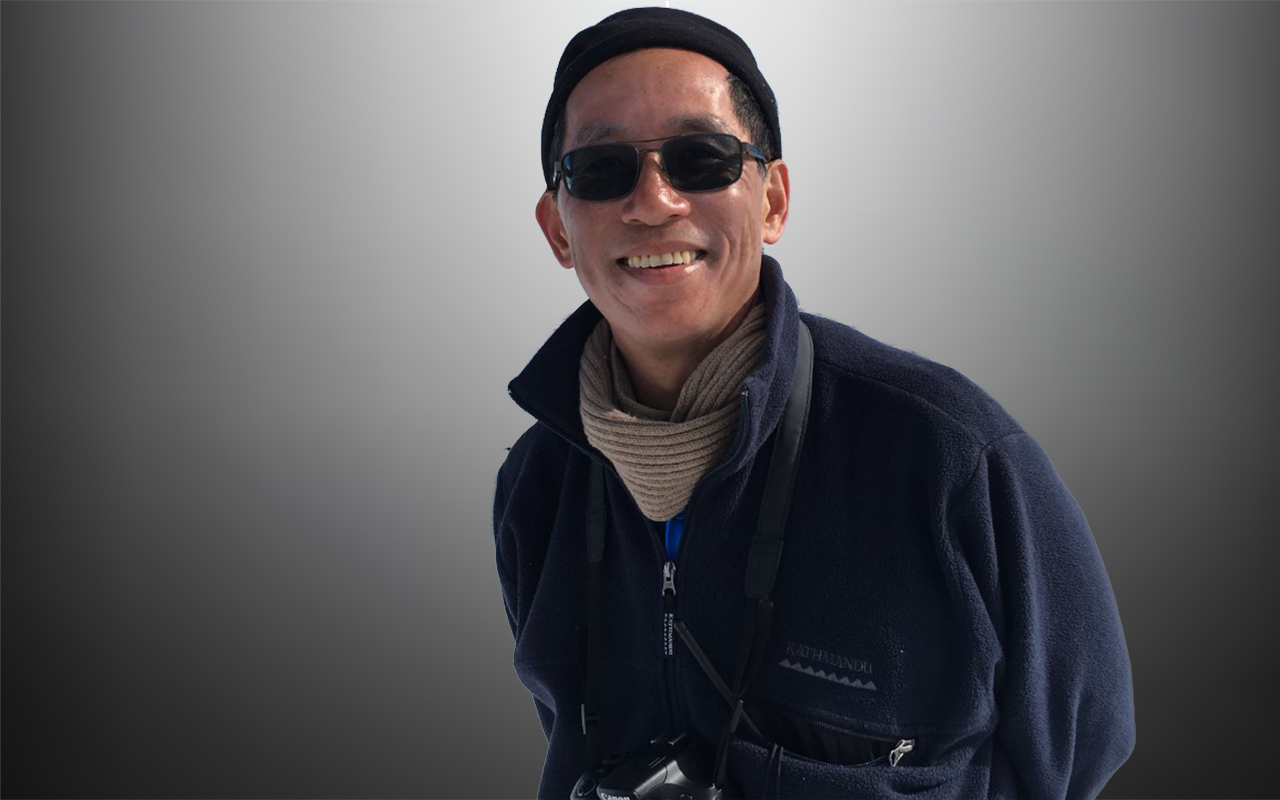IT is no secret that happier doctors are likely to give better care to their patients. The question is, how do we maximise the “happiness” of different personalities in different specialties.
Patient care benefits from mutual empathy and understanding between the clinician, the patient, a child, their parents and families. Compassion is a rightful expectation of patients and families, medical regulatory authorities and physicians themselves.
Medicine is a diverse profession with various medical and surgical specialties associated with different scopes of clinical practice, procedural and cognitive competence/density and types of patient encounters (outpatient, inpatient, surgical, medical).
Personality and specialty choice research can improve career counselling of medical students and junior doctors to make better choices about specialty training that suit personal aspirations as well matching empathy and interpersonal styles that enhance patient care.
Barriers to compassionate care may vary among specialties, with doctors choosing paediatrics, psychiatry and general practice valuing interpersonal contact more than their internal medicine peers. Social cognition and personality styles of various specialists may already be present as latent determinants of career destinations rather than being traits shaped by specialty practice. If so, better candidate selection to improve career satisfaction and reduce disenchantment from wasted years of dedicated training is potentially possible. Importantly, the process of selecting better suited trainees could improve patient care and clinical outcomes.
Degraded and unfavourably biased care can result from stereotypes related to a clinician’s negative perception of a patient’s attributes, be it race, gender, ethnicity, social class or sexual orientation (here). Adverse interactions in health care can occur if a clinician is aware of a potentially stigmatising mental health condition, with patient obesity and lack of attractiveness perceived negatively by staff. Implicit prejudice towards intravenous drug use, for example, is detrimental to drug and alcohol nurses’ career longevity and job satisfaction, a surprising finding among clinicians expected to hold the least prejudice against substance use.
Doctors, whether consultants or trainees in different specialties, are intercollegiate with their daily work embedded in a complex system involving team-based care, with varying family and cultural dynamics as well as institutional environments. Strong contextual factors are at play within the dynamic of years-long training alongside their peers, with interactions with other trainees within and outside their specialty also shaping attitudes and opinions.
Highest empathy scores have been found among doctors who have maximum patient interaction in psychiatry, internal medicine, paediatrics, emergency and family medicine. Anaesthesiology; orthopaedic, neurological and cardiac surgery; radiology and other hospital-based specialties with minimum patient contact have lower empathy scores.
Different personalities choose specialties that best suit them and, in hyper-competitive areas, are differentially selected and trained. However, the cause and effect roles of social cognition and personality types associated with each specialty remains unclear. Early ear, nose and throat trainees in the UK were found to have more of a “surgical personality” such as “aggressiveness, tough mindedness and competitiveness” compared with junior doctors.
Careers in medicine are embarked upon by junior doctors with academic and specialty inclinations and ambitions that compete with work–life balance. Specialists who have chosen the “right career pathway” experience better work satisfaction, which could translate into improved clinical care over many years of practice.
My colleagues and I are conducting workforce research on early to late career hospital specialists and registrars to discern whether social cognitive function and personality traits differ between surgical and medical colleagues, and whether they evolve from registrarship to gaining Fellowship. We aim to determine whether social cognitive function and personality traits of different specialists match the purported “ideal” for that group, from both a self-perception and patient desirability perspective.
Examples include rapid decisiveness in trauma surgery, empathy and reflection in psychiatrists, and procedural focus in orthopaedics. Preliminary studies such as ours could inform selection of specialist trainees, help match career aspirations with work satisfaction and longevity as well as improve patient care from “happier doctors”.
Medical procedures stand to not only be better delivered, but garnished with patience, excellent communication and a more holistic approach.
Specialists and their appropriately selected trainees make for a workforce that gains long periods of career satisfaction. Happier doctors are likely to give better care. Well suited trainees that get along with their supervisors and other colleagues will be in receipt of more equitable training. Studying the medical workforce will provide results and solutions that then need to be translated into real-world settings by doctors as part and parcel of both surgical and medical treatment. We would comprise an increasingly subspecialised community that gets along better, for our and our patients’ sakes.
Professor Joseph Ting is an emergency, prehospital and aeromedical physician as well as adjunct professor at Queensland University of Technology’s School of Public Health and Social Work and Clinical Senior Lecturer in the Division of Anaesthesiology and Critical Care at the University of Queensland.
The statements or opinions expressed in this article reflect the views of the authors and do not represent the official policy of the AMA, the MJA or InSight+ unless so stated.

 more_vert
more_vert
Oh for heavens sake. Next it’ll be Myers Briggs testing for streaming to specialties.
A little self knowledge and awareness of one’s core values is all that’s needed.
There is a very old joke about this – the duck shooting trip.
I am an orthopaedic surgeon and certainly find that if you are of similar personality to your peers you will have an enjoyable practice/work environment.
Whether it should be reinforced at selection though is debatable as diversity is a good idea.
We are getting our selection better for race, gender and hopefully sexual identity/preference so maybe that is enough.
Perhaps entry to college training pathways should give greater weight to personality factors in addition to the more standard review of CV, research, referees etc.